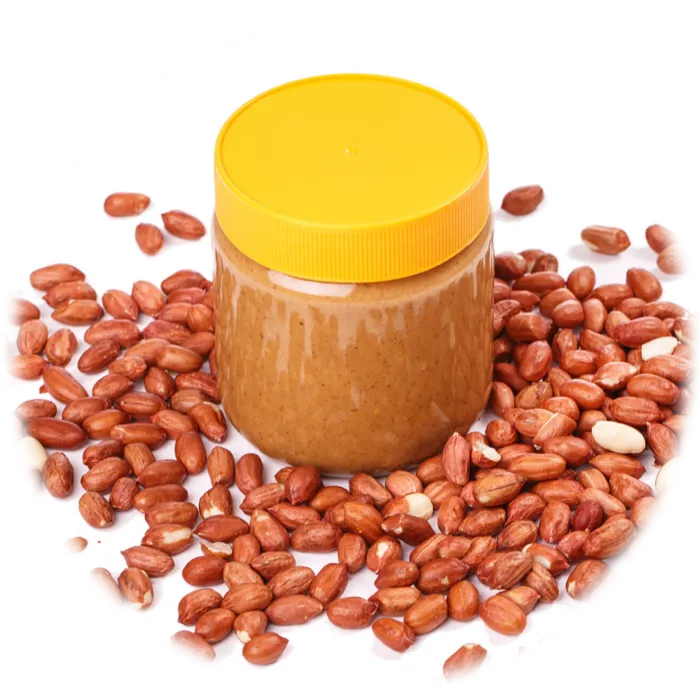
Nutritional properties of Peanut Oil
Energy :
884.00 Kcal / 100g
Category : Oils and Fats
Group : Vegetable Oils & Fats
Composition And Nutritional Value :Peanut oil is made from ground peanuts and is rich in monounsaturated fats, particularly oleic acid, which is beneficial for heart health. It also contains polyunsaturated fats, such as omega-6 fatty acids, and a small amount of saturated fats. Peanut oil is a good source of vitamin E, an antioxidant that helps protect cells from damage and supports skin health. It also contains some phytosterols, plant compounds that may help reduce cholesterol levels. While it has a balanced fat profile, it’s important to consume peanut oil in moderation to maintain a healthy omega-6 to omega-3 ratio.
Health Benefits : Peanut oil offers several health benefits, particularly for heart health. Its high monounsaturated fat content helps lower LDL (bad) cholesterol levels and supports overall cardiovascular health. The vitamin E in peanut oil acts as an antioxidant, reducing oxidative stress and promoting skin health. Additionally, peanut oil’s antioxidants and anti-inflammatory properties may help reduce the risk of chronic diseases such as heart disease and diabetes. However, due to its omega-6 fatty acid content, it is important to balance its intake with omega-3-rich oils to prevent inflammation.
Culinary Uses : Peanut oil is commonly used for frying, grilling, and sautéing due to its high smoke point and neutral flavor. It is particularly popular in Asian cuisine, where it is used for stir-frying and deep-frying dishes such as spring rolls, chicken, and noodles. Peanut oil’s mild taste enhances the flavor of foods without overpowering them, making it versatile for both savory and sweet recipes. It is also used in salad dressings, marinades, and sauces. Refined peanut oil is ideal for high-heat cooking, while cold-pressed or unrefined peanut oil is better for dressings or low-heat applications.
Types : Peanut oil comes in several varieties, including refined, unrefined, and roasted peanut oil. Refined peanut oil is the most common type, having been processed to remove impurities and neutralize its flavor. It has a high smoke point, making it ideal for deep-frying and high-heat cooking. Unrefined peanut oil retains its natural flavor and nutrients, making it suitable for low-heat cooking or as a finishing oil. Roasted peanut oil has a distinctive nutty flavor and is often used in Asian cooking for drizzling over dishes or adding flavor to salads and marinades.
Shopping And Storage Tips : When purchasing peanut oil, look for cold-pressed or expeller-pressed options for a more natural and nutrient-rich oil. Refined peanut oil is perfect for high-heat cooking, while unrefined or roasted varieties add more flavor to dishes. Peanut oil should be stored in a cool, dark place, away from heat and light, to preserve its freshness and prevent it from becoming rancid. Store it in an airtight container, and consume it within six months to one year for the best quality. If stored properly, peanut oil can last up to a year, but it is important to monitor for any off smells or changes in taste.

